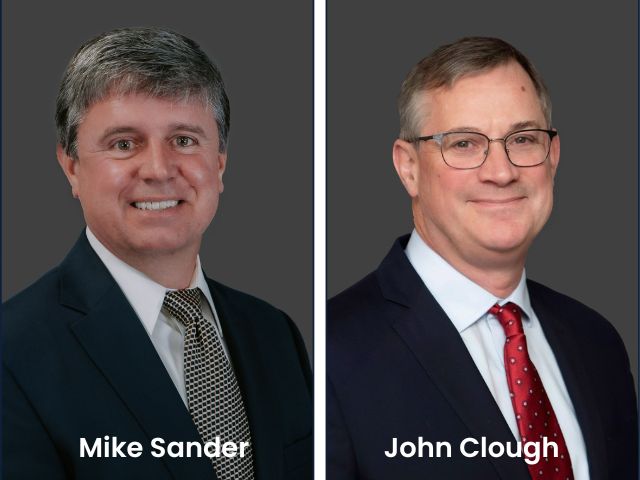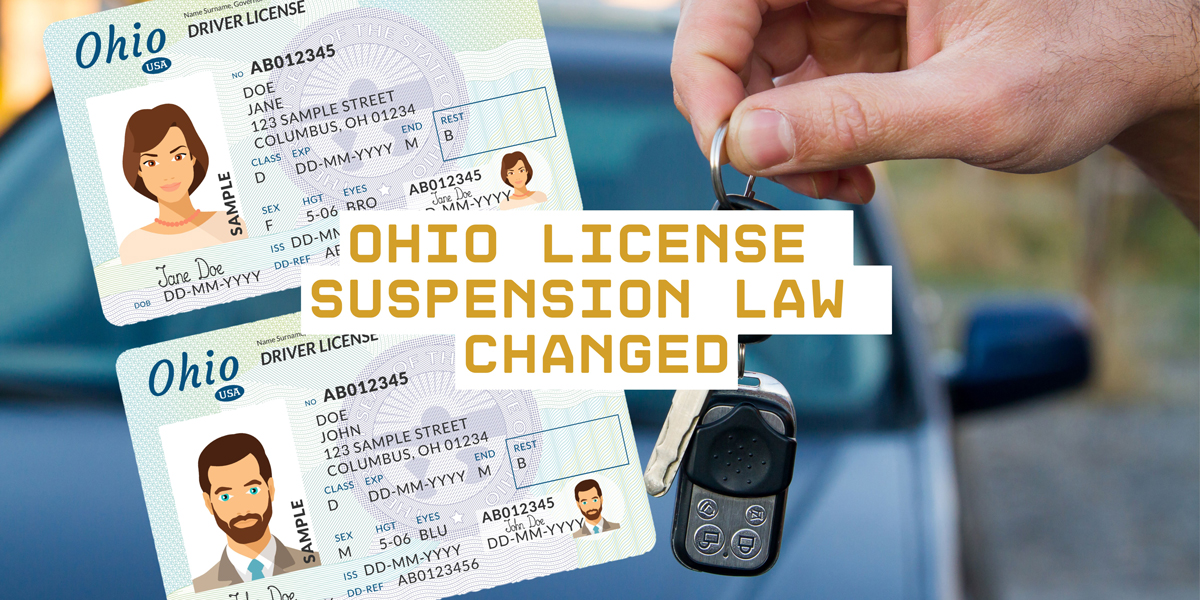
If you drive around the local downtown area or keep up with the news, you will see ongoing efforts to improve buildings and properties in the City of Dayton and beyond. When I began working with commercial developers over 20 years ago, taking on an urban revitalization development project was not for the faint of heart; therefore, only a few developers were interested in the challenge. That’s not to say every commercial real estate project is without its challenges; however, greener pastures (no pun intended) outside the City core were more attractive due to fewer potential environmental liabilities and remediation costs.
Like many older cities, Dayton has several historical commercial and industrial uses within the business districts and extending outward. I’m not saying all of these properties are problematic from an environmental contamination perspective, but Dayton is not without development sites commonly referred to as brownfields. There are over 9,000 brownfields sites in Ohio.
What are Brownfield Developments? They are industrial or commercial sites historically developed and currently unused where future use of the site is affected by potential or real environmental contamination caused by historical uses. Brownfield development is challenging because of the historical use, potential environmental concerns, and various market factors. Federal and State laws create liabilities for the ownership, use, and operation of these sites, not to mention the potential remediation costs.
The State of Ohio recently took steps to address some of the concerns of potential purchasers and developers for brownfields. On September 14, 2020, the Bona Fide Purchaser Defense (BFPD) became Ohio law. Before the passage of this law1, a liability gap existed between Federal law and Ohio law. Previously a purchaser could obtain certain affirmative defenses to environmental liabilities under Federal laws and regulations Comprehensive Environmental Compensation and Recover Act of 1980 (CERCLA). However, the same protections did not previously exist under Ohio law.
The BFPD is not designed to replace the State’s Voluntary Action Program (VAP), a program managed by the Oho EPA, which is considered the “gold standard.” Meeting the requirements of the VAP results in a covenant not to sue.
The BFPD provides an alternative approach to VAP for a purchaser of a brownfield by creating affirmative defenses for that purchaser if they complete certain due diligence before acquiring the property. Heavily contaminated sites will likely use VAP, while less contaminated sites may rely on BFPD.
Under the Federal regulatory scheme, BFPD due diligence is referred to as the “All Appropriate Inquiry (AAI)” A prospective purchaser will work with an environmental professional to complete the AAI. This includes inspecting the property for signs of contamination, interviewing the current owner and/or operator of the property, and reviewing various Federal and State databases relating to the property and reported environmental instances within the surrounding area of the property. If during the purchaser’s AAI due diligence, environmental contamination is discovered on site, the purchaser must take reasonable steps to stop or otherwise mitigate ongoing releases and exposures.
The BFPD does not require governmental approval or oversight, unlike the VAP program. If civil enforcement action is initiated, the BFPD provides an affirmative defense, which the property owner can assert. The AAI process takes less time and is less costly than the VAP program.
Often prudent developers or purchasers of commercial real estate complete environmental due diligence to the AAI standard before acquiring the property. Previously, this was done to afford them liability projections under CERCLA. Now that Ohio codified the BFPD, the ability to assert affirmative defenses exists under Ohio law.
Should you have any questions regarding due diligence matters related to industrial or commercial real estate acquisition, please contact David Montgomery at (937) 223-1130 or dmontgomery@pselaw.com.












